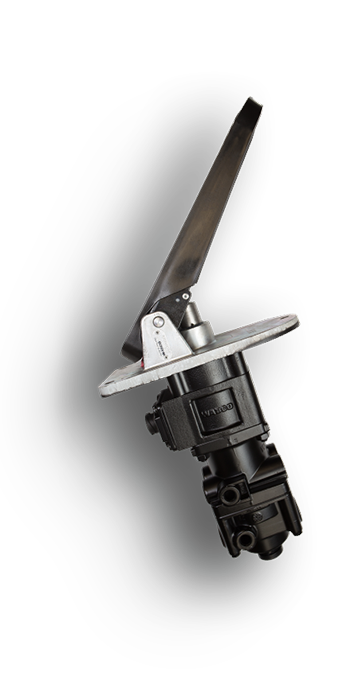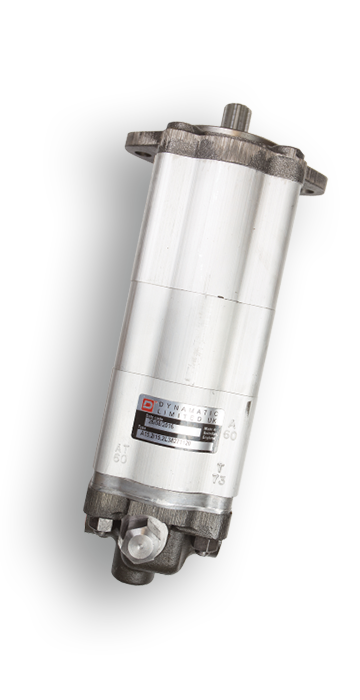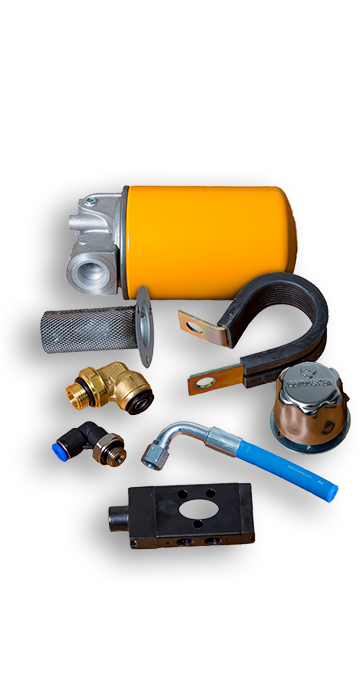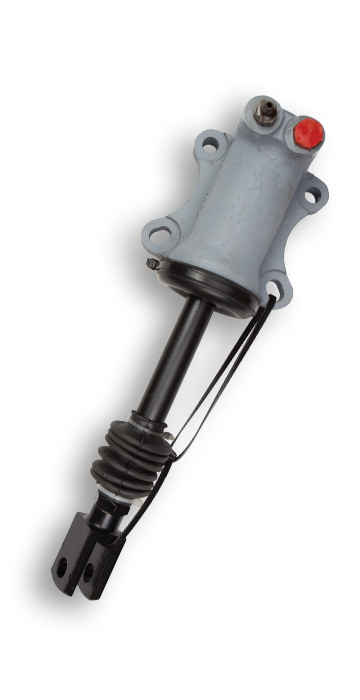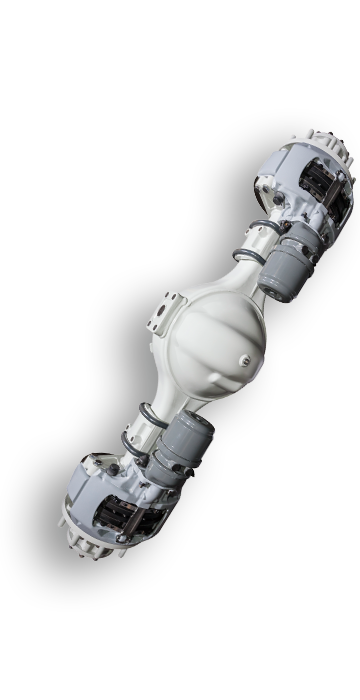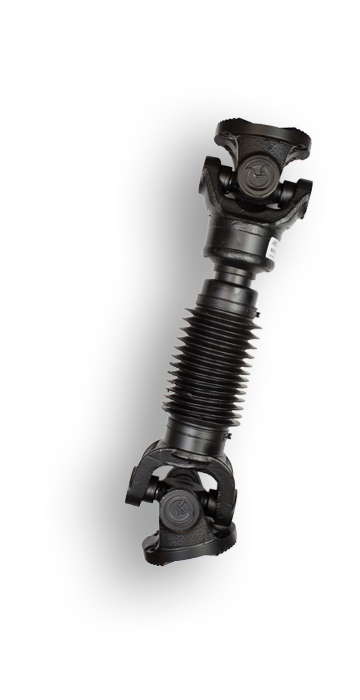According to government statistics, the number of local bus passenger journeys in England was 2.12 billion in the year ending December 2020, which was a 50% decrease on the previous year, due to the impact of the pandemic.
The easing of social distancing restrictions this month, however, has enabled a number of regional bus companies to boost their operations in the build-up to the projected end of all social distancing on 21st June.
Stagecoach, for example, has announced a return to service for a large majority of its buses, representing over 90% of pre-pandemic levels. The company said that its decision to operate Covid-secure buses follows consultation with local authorities regarding service requirements and aims to support the re-opening of the leisure and hospitality industries.
Stagecoach UK managing director, Carla Stockton-Jones, said: “Our bus services will continue to play a crucial role in helping people to re-connect with the things they enjoy doing. As the vaccination programme continues at pace and as more of the country starts to open up in line with the Government’s roadmap, people are desperately keen to return to some kind of normality and our bus services will make sure they get to where they want to easily and safely. I am so grateful to our fantastic team of drivers, engineers, cleaners, managers and support teams for their continued hard work and dedication.”
Arriva has also stated that it will be increasing the frequency of some regional bus timetables, as non-essential retail and outdoor hospitality reopens. Its revised timetables will see increased Monday to Friday frequencies and additional morning journeys introduced to many services, to help the public access retail and business reopening across local communities.
In line with government guidance, all operators continue to implement social distancing measures on all buses. A no standing policy remains in place on all non-school journeys and passengers must wear a face-covering on board, unless exemptions apply.
According to a new report, further measures such as simpler fare structures could help entice more passengers back to using buses. Produced by the Chartered Institute of Logistics and Transport’s (CILT) Bus & Coach Policy Group, the report entitled ‘Factors affecting local bus demand and potential for increase’ indicates that passengers would be encouraged to use buses more if there was additional flexibility on fares, such as zonal prices or a multi-ride/multi-operator ticket or the acceptance of contactless bank cards. The attraction of ‘higher-quality’ bus services with the ability for park-and-ride may also help to switch people away from car journeys into urban areas, the report finds.
John Dwight, Sales Director of Imperial Engineering, which supplies OE bus parts to many operators across the UK, including Stagecoach and Arriva, said:
“Imperial Engineering is very pleased to see that operators are starting to ramp up services again as restrictions allow. We hope that this continues in line with the government’s proposed road map, as these services are often critically important for people to be able to access local community amenities. In our position as a key supplier of parts to the bus and coach sector, Imperial Engineering is very busy working with operators to ensure their vehicles are in prime condition as services return to normal levels.”

